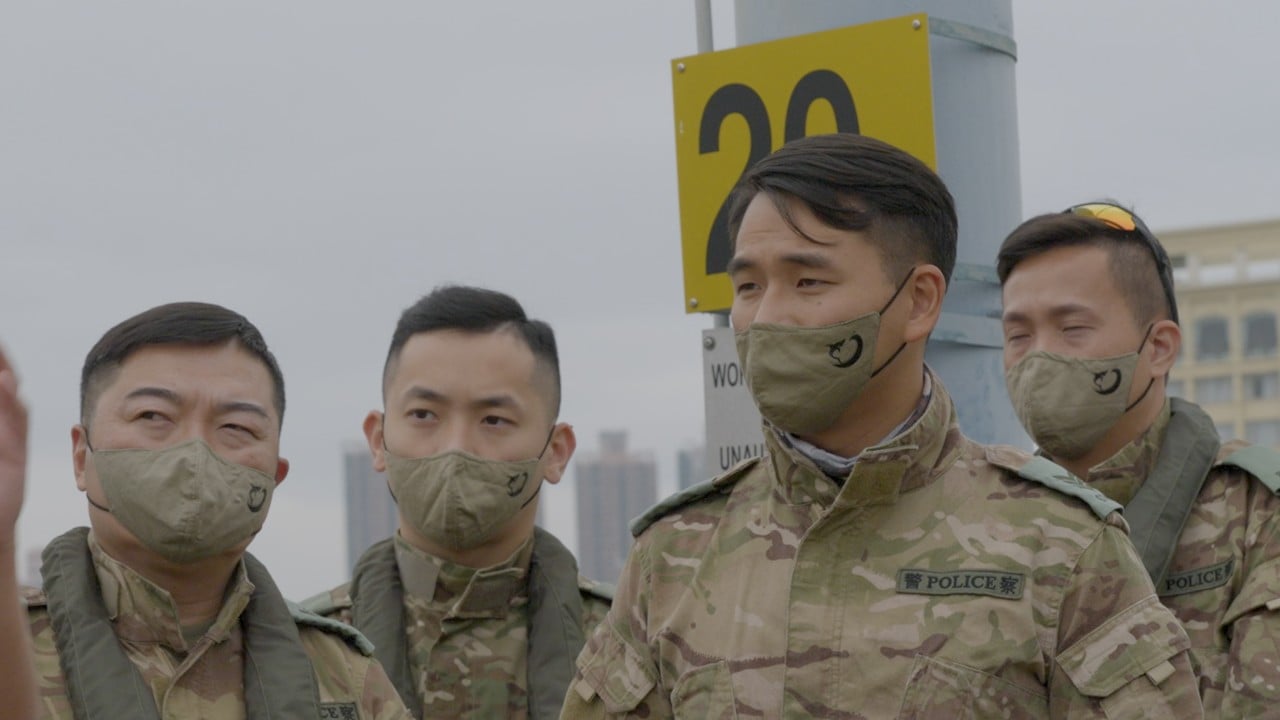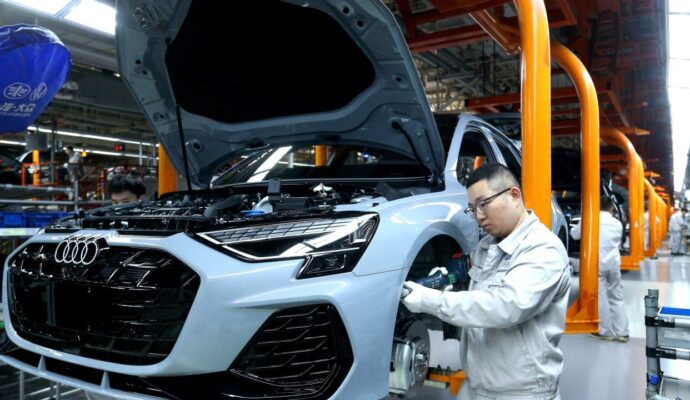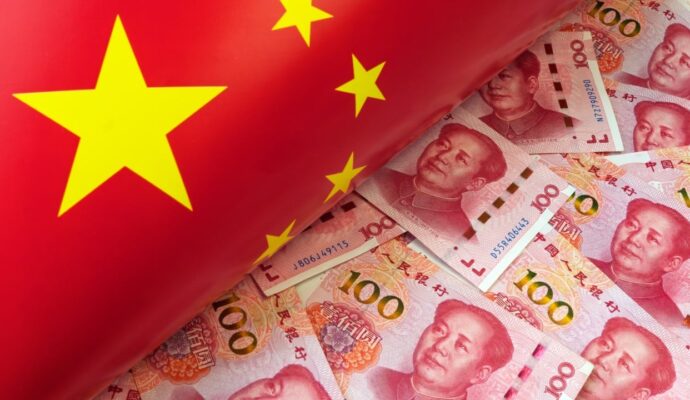China’s lawmakers are revamping the country’s law on money laundering to bolster a crackdown on illegal activities like cross-border gambling and underground banks, a measure that will also align its practices with global standards as it faces stricter international scrutiny.
“It’s necessary to root our anti-money-laundering law in the actual needs of our country and integrate into new [international] demands,” said Pan Gongsheng, governor of the People’s Bank of China, according to state news agency Xinhua. “[We need to] seize the moment to improve the law.”
The planned revision comes in advance of a fifth review by the Financial Action Task Force, an international organisation that sets standards to combat money laundering and the financing of terrorism.
China narrowly passed the fourth round of assessments in 2019. The review stated some Chinese financial institutions had weak obligations in the control of money laundering, and the overall system lacks transparency regarding legal arrangements.
China’s central bank had previously warned the risk of money laundering remains high in the country as well as Southeast Asia, emphasising the need to address loopholes in compliance management and improve regulatory technology to handle the complex nature of financial crimes and the burgeoning fintech sector.
The as yet unpublished draft would also bolster the supervision and management of anti-money-laundering operations, advance provisions of obligations and clarify the scope of non-financial institutions that must comply with the law, Xinhua said.
The fifth review is still going to be challenging to the country and its financial industry
Pan noted the revision is based on a “risk-centric” principle and protects “national security”, coordinates “development and safety” and will “perfect” the anti-money-laundering system.
In a report released last year, the consultancy Oliver Wyman said the fifth-round assessment by the Financial Action Task Force will focus on “effectiveness” and “results”.
“Although the fourth examination has affirmed certain work from China, like new technology, internal control, telegraphic transfer, non-profit organisations and financing of terrorism and proliferation, the fifth review is still going to be challenging to the country and its financial industry,” said Qian Hang, a partner at Oliver Wyman.
He suggested Chinese financial institutions “raise consciousness” on fulfilling their obligations and use the fifth review period to examine weak links and upgrade their operations before the task force’s field work begins in 2025.


